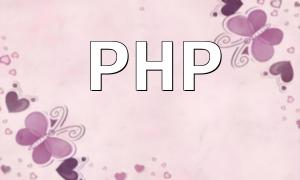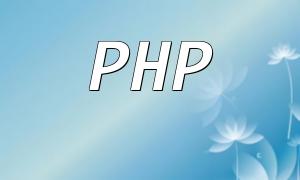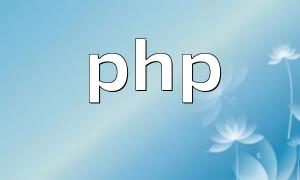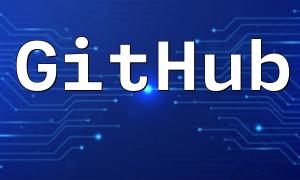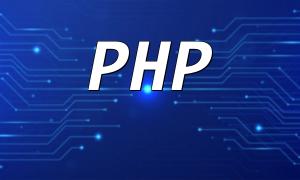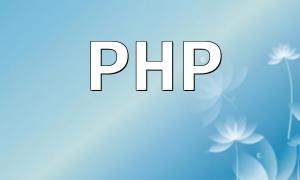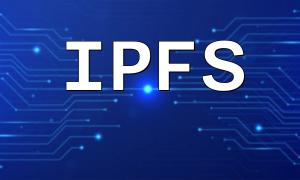Before choosing a PHP framework, it's crucial to understand the core requirements of your project. The best framework is not necessarily the most feature-rich, but the one that aligns with your goals.
For large-scale, enterprise-level applications, frameworks like Laravel or Symfony are typically more suitable due to their comprehensive features and strong community backing. On the other hand, lightweight frameworks like Slim or Lumen are ideal for rapid development and smaller projects.
If your project demands specific features such as real-time communication or API services, choose a framework that natively supports them. Frameworks with built-in asynchronous support or robust API tools are advantageous here.
Framework compatibility with your existing technology stack—such as databases and frontend tools—plays a key role in seamless integration and development efficiency.
If you're working primarily with MySQL or PostgreSQL, opt for a framework that integrates these databases smoothly. Laravel, for example, offers an elegant ORM called Eloquent for intuitive database operations.
// Using Eloquent ORM to query user data
$user = User::find(1);
echo $user->name;
Modern web applications often rely on frontend frameworks like Vue or React. Choosing a PHP framework that supports RESTful APIs or GraphQL ensures better integration with these technologies. Laravel is well-suited for building robust APIs.
The size and activity of a framework's community can significantly impact the development experience, from learning resources to solving technical issues.
Well-documented frameworks with plenty of tutorials reduce the learning curve and speed up development. Laravel is known for its elegant documentation and extensive educational content, making it ideal for both beginners and experienced developers.
Check the level of activity on platforms like GitHub, including issue resolution times and contributor engagement, to gauge how responsive and vibrant a framework’s community is.
Application performance directly affects user experience. Choosing an efficient framework can help you optimize both speed and resource usage.
Lightweight frameworks generally perform better in high-load scenarios, but may lack built-in features. It's important to strike a balance between functionality and performance based on your project’s context.
Frameworks with built-in caching systems help improve load times and reduce server stress. Laravel, for example, supports various caching drivers for flexible performance tuning.
// Laravel caching example
Cache::put('key', 'value', 60); // Store cache for 60 minutes
$value = Cache::get('key');
Your chosen framework should support the project's long-term evolution, allowing for the addition of new features without major restructuring.
Frameworks that support modular development or have a large ecosystem of extensions allow for faster and more flexible feature implementation. Symfony’s Bundle system and Laravel’s package support are strong examples.
Choose frameworks with regular updates, good long-term support, and an active roadmap. This ensures your application stays secure and technically up-to-date over time.
Selecting the right PHP framework is a strategic decision that should be based on a deep understanding of your project’s goals. By considering factors like functionality, compatibility, community support, performance, and scalability, developers can make informed choices that set their projects up for long-term success.
